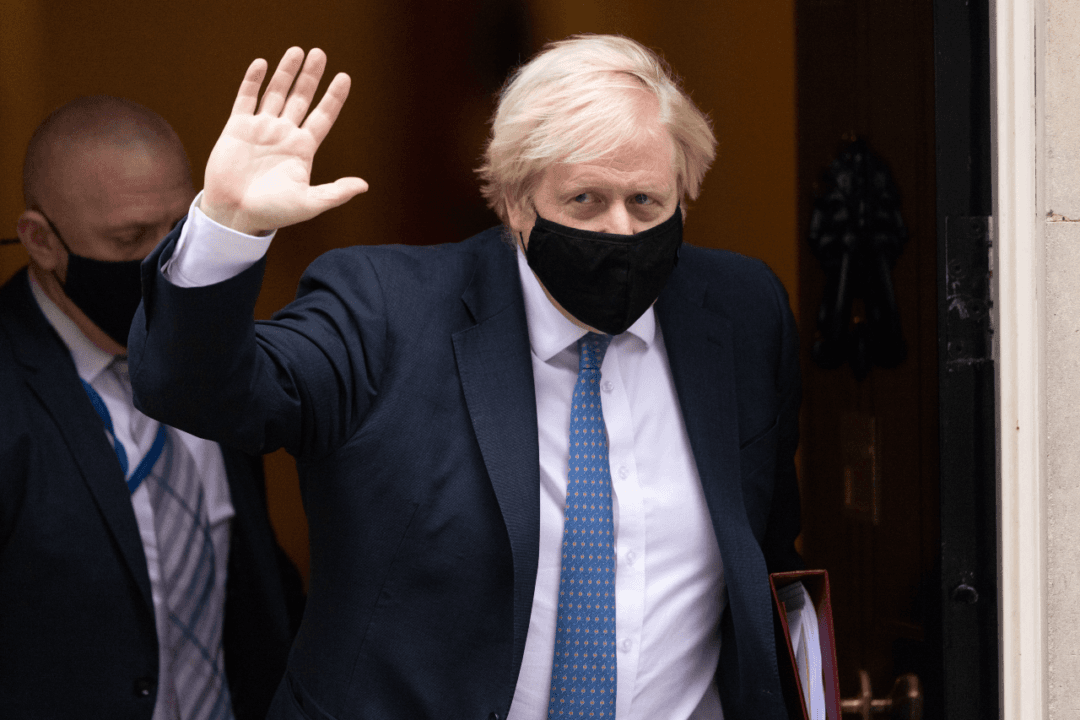Britain doesn’t want to see “undue influence” from potentially adversarial countries in its critical national infrastructure, Prime Minister Boris Johnson said on Wednesday when quizzed about Chinese investment in British nuclear power stations.
At Prime Minister’s Questions in the House of Commons, Johnson was asked about the proposed nuclear power station at Bradwell-on-Sea in Essex, put forward by China’s state-owned and state-operated nuclear company the China General Nuclear Power Group (CGN).





